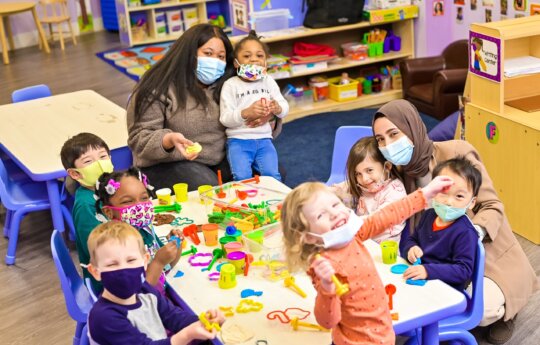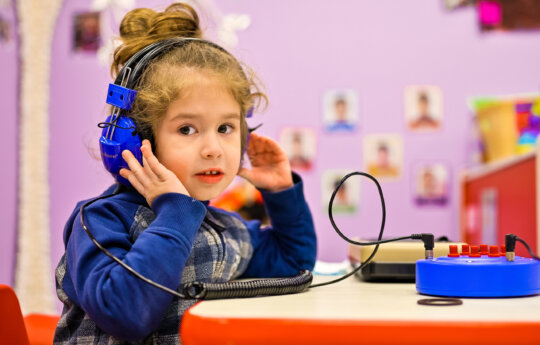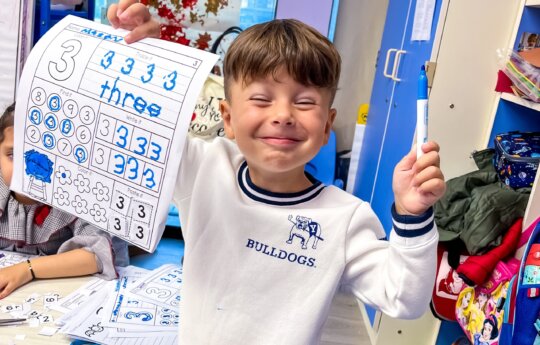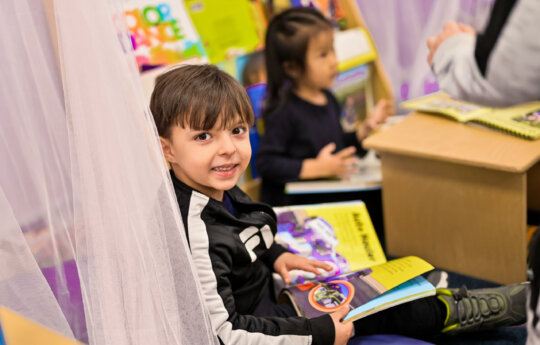
Emotional intelligence is a critical aspect of a child’s development, shaping their ability to interact with the world and form healthy relationships. In the early years, Emotional Development in Toddlers lays the foundation for a lifetime of emotional wellness. This article delves into the nuances of Nurturing Emotional Intelligence in Early Childhood and offers insights into the Little Scholars programs, designed to foster emotional growth and learning in young children.
Understanding the Basics of Toddler Emotional Growth
The journey of emotional development begins from the moment a child is born. Toddler Emotional Growth involves recognizing, understanding, and managing emotions. It’s about cultivating empathy, resilience, and social skills. As toddlers navigate their emotions, they need guidance and support, making Early Childhood Emotional Support indispensable.
Developing Emotional Skills in Toddlers
To foster Emotional Intelligence in Early Years, it’s crucial to encourage children to express their feelings appropriately and understand the emotions of others. This involves teaching them to name their emotions, empathize with peers, and develop coping strategies for difficult feelings.
The Pillars of Emotional Learning for Young Children
Emotional Learning for Young Children involves several key components:
- Recognition of emotions in oneself and others.
- Understanding the causes and effects of emotions.
- Learning to express emotions in healthy ways.
- Developing empathy and social skills.
These pillars form the basis of effective emotional education and are integral to Enhancing
Strategies for Nurturing Emotional Intelligence
Creating a Supportive Environment
A nurturing environment is essential for Emotional Education in Early Childhood. This includes a safe space where children feel comfortable expressing their feelings and are met with understanding and support.
Encouraging Emotional Expression
Children should be encouraged to express their emotions. This could be through art, storytelling, or simply talking about their feelings. Such practices are central to Developing Emotional Skills in Toddlers.
The Role of Caregivers and Educators
Caregivers and educators play a pivotal role in Toddler Emotional Wellness. They can model healthy emotional behaviors, provide reassurance, and guide children through challenging emotions.
Implementing Emotional Learning Activities
Activities that foster emotional learning are crucial. These could include role-playing, emotion-themed games, or group discussions about feelings and empathy.
Little Scholars Approach to Emotional Development
Unique Programs for Emotional Growth
The Little Scholars programs are designed with a deep understanding of How to Support Emotional Development in Toddlers. These programs use innovative techniques and activities tailored to nurture emotional intelligence.
Expert-Led Emotional Learning
Little Scholars boasts a team of experts in child development. Their approach incorporates Expert Tips on Toddler Emotional Intelligence and employs the best practices in the field.
Building a Foundation for Future Success
By participating in these programs, children gain a strong foundation in emotional intelligence, setting them up for success in their personal and academic lives.
Conclusion
Emotional intelligence is a vital part of a child’s development. By understanding and nurturing these skills, we can support our young ones in their journey towards emotional wellness and resilience. The Little Scholars programs offer a unique and effective approach to this critical aspect of child development. We invite you to explore these programs and see the difference they can make in your child’s life.
This comprehensive guide on Supporting Emotional Development in Toddlers and Nurturing Emotional Intelligence in Early Childhood aims to enlighten and inspire. For more information on how you can be a part of this journey with your child, visit the Little Scholars website today.




